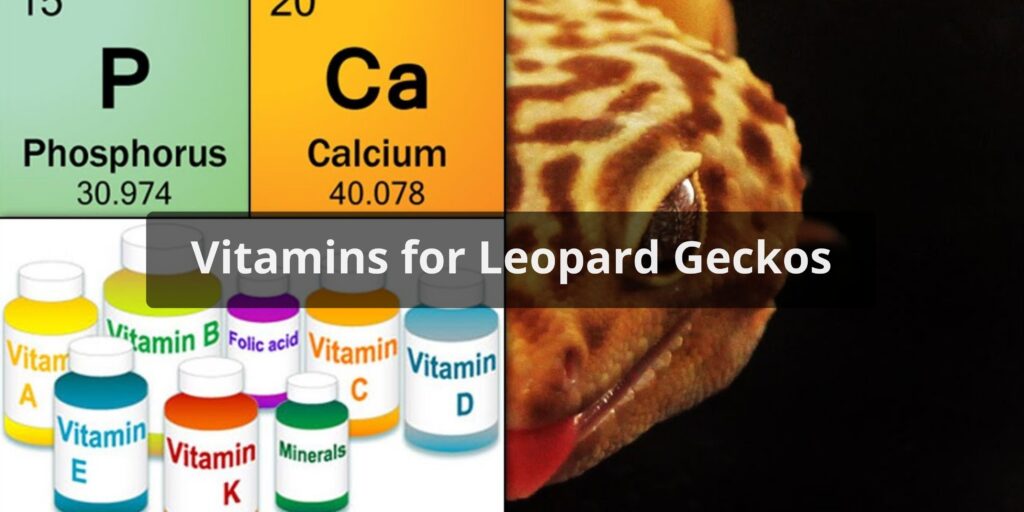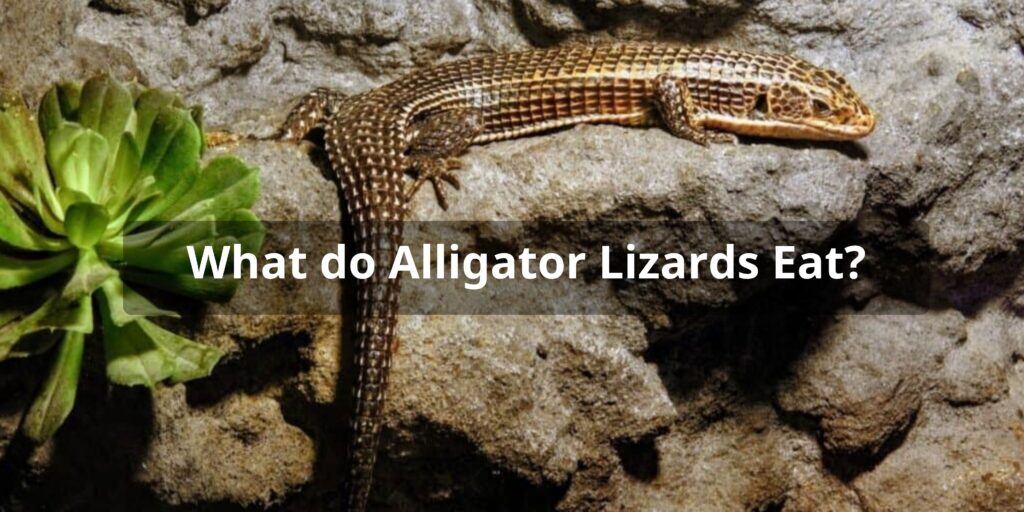Leopard geckos are one of the most popular pet lizards kept in captivity. Like all animals, leopard geckos require proper nutrition to stay healthy and thrive. An important part of their nutritional needs are vitamins. Providing the right vitamins is essential for your leopard gecko’s health and wellbeing. In this article, we will discuss the benefits of vitamins for leopard geckos and the specific vitamins they require.
The Importance of Vitamins for Leopard Geckos

Vitamins are organic compounds that are vital for regulating bodily functions and supporting overall health. Leopard geckos, like other reptiles, require a variety of key vitamins in their diet. When kept as pets, their vitamin needs must be met through proper supplementation as they do not produce certain vitamins naturally.
Some of the benefits of providing the right vitamins include:
- Strengthening bones and preventing metabolic bone disease. Metabolic bone disease is a common problem in captive reptiles caused by deficiencies in calcium and vitamin D3.
- Supporting a healthy immune system and ability to fight off infections. Vitamins A, C, and E all help boost immune function.
- Promoting proper growth, appetite, and weight gain. B vitamins especially support a healthy metabolism.
- Ensuring good vision, skin, and muscle function. Vitamins A and E contribute to eye, skin, and muscle health.
- Increasing energy levels and activity. The B complex vitamins help maintain energy production.
Without proper supplementation, leopard geckos are at risk for developing vitamin deficiencies that negatively impact their health. Providing a varied diet along with vitamin supplements helps prevent this.
Key Vitamins for Leopard Geckos
There are several important vitamins to make sure to supplement for leopard geckos. These include:
Vitamin A
Vitamin A supports skin health, vision, and bodily functions. Signs of deficiency include eye problems, mouth inflammation, and poor skin regeneration. Vitamin A also helps strengthen the immune system. Good sources include liver, carrots, sweet potatoes, dandelion greens, and supplements.
Vitamin D3
Vitamin D3 aids in calcium absorption and bone formation. Without it, leopard geckos are prone to metabolic bone disease. Natural D3 is obtained from UVB exposure, but supplements are needed for geckos without regular UV light.
Vitamin E
This vitamin protects cells and acts as an antioxidant. It contributes to healthy skin, eyes, muscles, and overall wellbeing. Plant oils, nuts, seeds, liver, and supplements provide vitamin E.
Calcium
Calcium is crucial for strong bones and preventing metabolic bone disease. It is also key for muscle contraction, nerve function, and enzyme regulation. Calcium must be provided with vitamin D3 for proper absorption.
Vitamin B complex
The B vitamins aid metabolism, energy production, appetite, and digestion. Includes thiamine, riboflavin, niacin, B6, B12, biotin, folate, and pantothenic acid. Found in whole grains, meats, eggs, and vegetables.
Vitamin C
Vitamin C boosts immunity and acts as an antioxidant. Helpful but not essential since geckos can produce some vitamin C naturally. Offering veggies high in C provides added benefits.
Providing Vitamin Supplements
The ideal way to provide vitamins is through a varied diet of insects, calcium-rich foods, and veggies. However, supplements are needed to ensure adequate intake of key vitamins and minerals.
The most important vitamin supplements for leopard geckos are calcium with D3 and a general multivitamin. Using a supplemental powder makes it easy to lightly coat insects and mix into food 2-3 times per week. This guarantees your gecko gets all the vitamins they need.
Calcium with D3 is crucial for metabolic bone health. Alternate between calcium and a multivitamin so your gecko does not overdose on calcium. General multivitamins provide an array of vitamins including A, E, B complex, and sometimes C.
Meal replacement powders can also provide balanced nutrition all-in-one but should not fully replace whole foods. Always follow supplement directions and consult your vet on proper usage.
For optimal absorption, use supplements made for reptiles and keep them refrigerated after opening. Also make sure your UVB and heating is setup properly as some vitamins require specific conditions to be usable.
Conclusion
Ensuring your leopard gecko gets all the vitamins they need is an important part of caring for them. Key vitamins like A, D3, E, B complex, calcium, and vitamin C all provide vital health benefits ranging from bone support to boosting immunity. Through a diverse diet and proper supplementation 2-3 times per week” you can supply your gecko with the nutrition they need to be happy and healthy. Consulting your vet on the ideal supplements and servings for your pet is recommended. With the right balance of whole foods and vitamins, your leopard gecko will continue to thrive.
FAQs About Vitamins for Leopard Geckos
Can an excess of vitamins harm my leopard gecko’s health?
Yes, an excess of vitamins, particularly fat-soluble vitamins like vitamin D and A, can harm your leopard gecko’s health. Over-supplementation can lead to toxic levels, causing issues like metabolic bone disease or organ damage. It’s crucial to provide vitamins in appropriate amounts and seek veterinary guidance if uncertain.
Is it necessary to dust feeder insects with vitamin supplements?
Dusting feeder insects with vitamin supplements is essential for ensuring your leopard gecko receives necessary nutrients. It helps balance their diet and prevent deficiencies. Dusting should be done sparingly, following a schedule recommended by a reptile veterinarian, to avoid over-supplementation.
What are the signs of vitamin deficiencies in leopard geckos?
Signs of vitamin deficiencies in leopard geckos can include lethargy, loss of appetite, weight loss, muscle tremors, and abnormal shedding. Specific deficiencies may manifest differently. Regularly monitoring your gecko’s health and consulting a veterinarian can help detect and address any vitamin deficiencies.
How often should I give vitamin supplements to my leopard gecko?
The frequency of vitamin supplementation for leopard geckos depends on their age and diet. Typically, young geckos benefit from more frequent supplementation, while adults require less. Follow the recommendations of a reptile veterinarian to ensure your gecko receives the appropriate amount of vitamins.
Are there specific vitamin supplements designed for leopard geckos?
Yes, there are specific vitamin supplements designed for leopard geckos available in pet stores and online. These supplements are formulated to meet the dietary needs of leopard geckos and can provide essential vitamins and minerals. However, always consult a veterinarian for guidance on the right supplement and dosage for your gecko’s specific needs.



